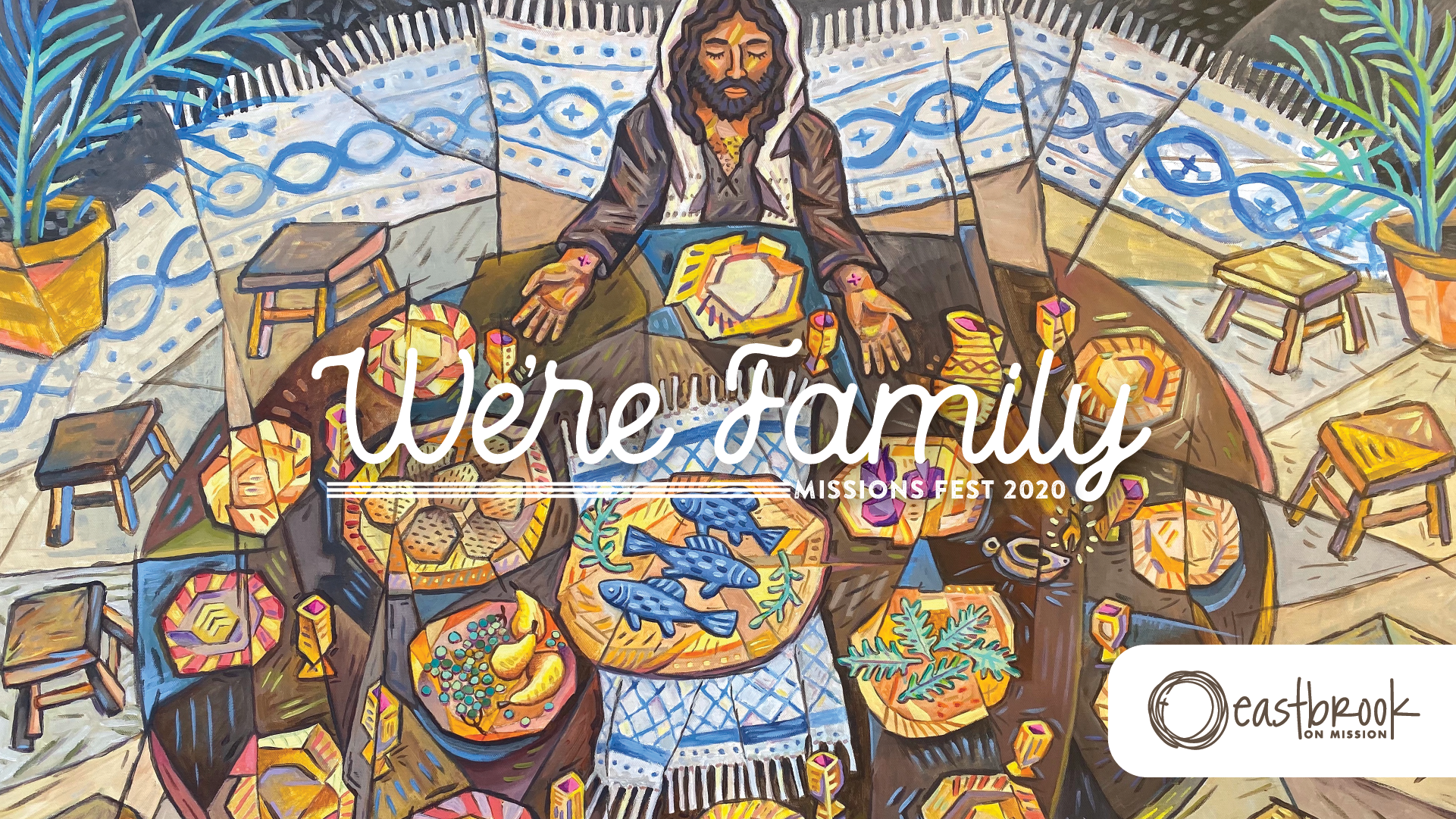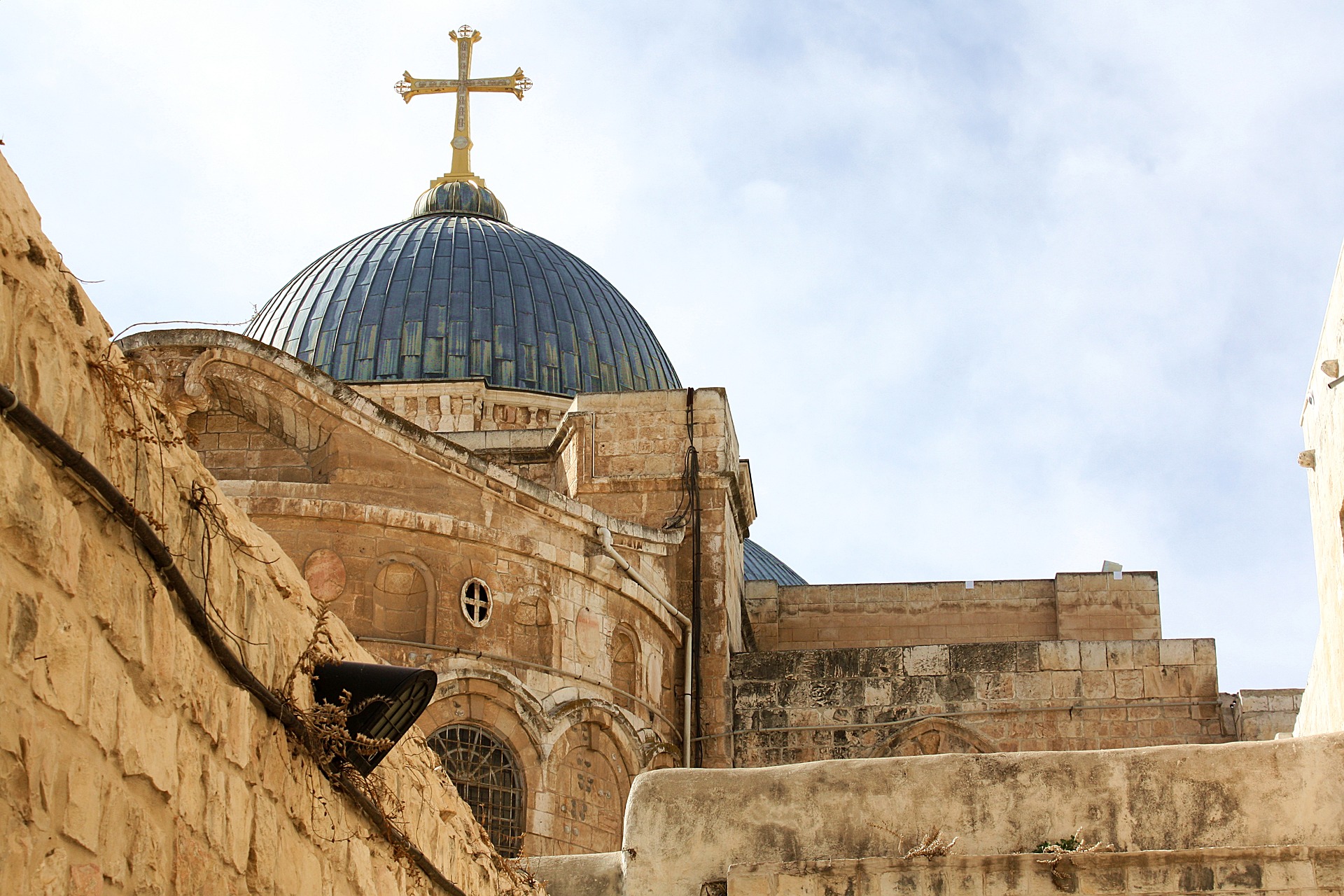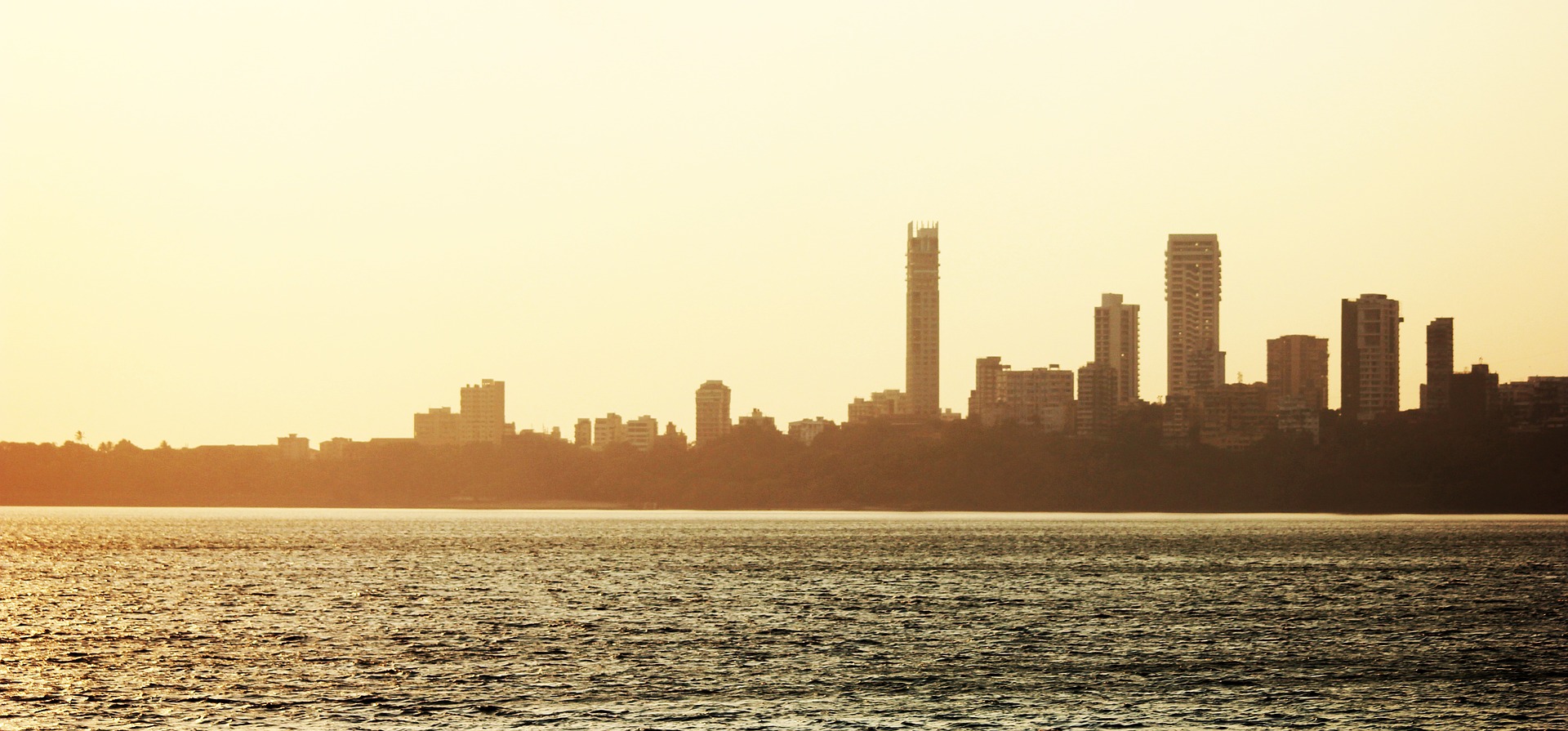The following was written by an Eastbrook field worker serving in Japan. She is currently back in the U.S. and if you’d like to connect with her, please reach out to Dan Ryan at dryan@eastbrook.org.
Hokkaido, the northernmost island in Japan, went into a state of emergency at the very end of February this year. At that time, we had the most cases of any province in the country. Most of us believed the virus must be worse in colder places; thus, we thought would probably go away in the spring and for sure by summer.
To announce the state of emergency, the governor of Hokkaido gave a speech televised across the province, and he asked people to stay at home over the weekend, and to limit their outings as much as possible during weekdays. The state of emergency was set for three weeks at which time the provincial government would reassess.
For many of my local friends and I, this was our first experience of being in a state of emergency. I remember feeling anxious when I had to leave my house and began to be hyper-aware of what surfaces I was touching. I was also anxious about my ministry and work; in a moment, Sunday church service, all of my weekly English classes, cell group, and personal appointments were cancelled or put on pause for… how long? No one could say. When I woke up in the morning, my brain felt numb. Suddenly I was writing and speaking in English all day- connecting with friends and family back home in the West who were concerned that I was stuck in such a dangerous country, where COVID seemed to be on the verge of exploding. My Japanese language ability seemed to suddenly decline and I wondered what I was even doing there anymore. Perhaps especially trying, as a single person living alone, was the fact I went from seeing people every day to having literally no in-person meetings. How long would this strange isolation last?
Meanwhile, my colleagues within my agency in other parts of Japan were going on with normal life. They had church services, retreats, their children went to school, just like normal life. It was like we were suddenly on different planets rather than just in different prefectures.
This was true not just throughout Japan, but even within Hokkaido itself. Christians and non-Christians alike reacted to the governor’s guidelines with varying degrees of seriousness. Some pastors encouraged their congregations to keep meeting in person- to “not give in to fear”; while others stressed that the best way to love one’s neighbors was to stay at home and not become a possible virus-spreader. Later, of course, I would see this same split played out even more vocally in the US, but that was yet to come.
In mid-March, new cases in Hokkaido had greatly decreased, and the virus seemed to be under control. The state of emergency was allowed to expire. Although my day-to-day life didn’t change much- by then, all of my English classes and church meetings had shifted to zoom- I felt a palpable release of tension the first time I went for a jog in post-emergency Hokkaido. It felt hopeful, for us… but then a new tension emerged, as I watched Europe and North America suddenly start their own terrible journey with COVID.
One of the things that emerged for me at this time was a reminder of how insular churches in Japan can be. Through my own experience and conversations with other missionaries, who were also serving in local churches, I learned that few local churches were even praying for the nations their own missionaries were from, let alone other hard-hit nations. So I felt isolated in a different way.
Meanwhile, COVID started to spread through the rest of Japan, and many people (including me!) seemed obsessed with constantly checking the news to see how many new cases there were and where they were. In general, people felt that testing was deliberately not being done as much as it could in order to keep numbers down, possibly so that Japan could still be viable as the host for the 2020 Olympics. Debate was heated over the Olympics. As more and more foreign nations went into lockdown, it seemed less and less likely that holding the Olympics would be possible.
Then Japan went into a national state of emergency- for us in Hokkaido, it was our 2nd run, but for the rest of the country, it was their first. We could empathize with friends, colleagues and family members in other parts of Japan who were suddenly having to shift all of their work and ministries online; to having kids at home who would normally have been starting their new school year (which starts in April in Japan); to being asked not to travel, especially to avoid public transport, and to limit trips to the stores. Stories came out of single-moms who didn’t know how to balance child-care with paying rent and buying food; health care workers who needed to put their young children in daycare when daycares were closing down; salarymen (the Japanese term for a typical office employee, usually male) who wanted to work from home but who were not allowed to do so.
One theme that emerged from this nation-wide state of emergency was the widespread resistance to change, seen most clearly perhaps in large, traditional companies. The national and provincial governments were practically begging companies to allow their employees to work from home as much as possible, but most companies ignored these “requests”. (Side note- the government in Japan does not have the authority to force businesses to close or people to stay home- they can only strongly request people to do something, and then rely on the traditional Japanese group-consciousness to hope that most people will comply.) I read numerous newspaper articles and talked with various friends about how salarymen were not allowed to telework. The main reason seemed to be that managers wanted to maintain control over their employees; it would be impossible to know how many hours an employee had put in on a project if they worked from home. This ties into the idea of working together for the common good, which in most traditional companies translated into staying at work as long as your boss was still there, regardless of whether you were actually being productive or not. Allowing people to work from home would suddenly shift this paradigm to actual productivity rather than hours spent at the desk in group solidarity with the rest of your colleagues. And at a simpler level, society as a whole is more resistant to change, so perhaps many companies simply couldn’t imagine making such a radical shift in how work gets done.
What about the church? As I mentioned above, throughout the nation-wide state of emergency, the church remained split, some continuing to meet together despite clear directives from the local governments urging people to refrain from meeting in groups; others going immediately to streaming, zooming or other online platforms.
Personally, I was tremendously grateful for our agency’s leadership. From the beginning, they urged us to consider how our actions would be seen by our neighbors, especially by non-Christians. Christians make up around 1% of the population in Japan, and foreigners also are not very common, so on both grounds we foreign missionaries are watched by our neighbors. If we enter a store without a mask, how will others feel in our presence? If we attend an in-person church meeting in defiance of the local government’s request to stay home, what message are we sending our neighbors about how Christians view local governmental authority? Will our neighbors see us as fearless and obeying a higher law; or will they feel anxious that we might be spreading the virus in their community, and that we have a lack of respect for the government of our host nation? Our agency’s leadership urged us to love our neighbor well by obeying the requests of the government (since these requests were not against our conscious or sinful in any way) and to wear a mask in public.
I will share one story from a local woman in my church fellowship group. After our state of emergency was over, she went to get a haircut. She had been going to the same hairdresser for years yet she had always been shy to admit that she was a Christian. This particular haircut, the Lord turned the conversation to spiritual things and gave her courage to admit her faith. The hairdresser immediately stopped cutting her hair and looked her in the eyes in the mirror.
“Christian? So you’re one of those people who kept meeting together even when the governor was asking us not to?” This was a very direct accusation from a normally indirect and non-confrontational Japanese woman.
“Yes, I’m a Christian,” my church friend replied. “But my church stopped meeting in person right away. We have our weekly worship service on zoom now.”
“You meet online?”
“Yeah, and it’s really good…” the conversation continued.
When my friend told us about this encounter, she was so thankful to be part of a church that loves God and loves their community in a way that local non-believers can appreciate. She felt she was a good neighbor and a good witness of Jesus’ care for others.
In the end, what I learned from my agency’s leadership and from my Japanese friends was that this is not so much about you; it’s about how your actions and attitudes affect others. What can we do to show that we love and care for the people in our communities? Let’s get busy doing those things, while praying for opportunities to talk about what motivates us to lay down our rights for the sake of others.
Recommended Posts

MissionsFest 2020
October 8, 2020

Update: The Holy Land
October 8, 2020

Update: India
September 8, 2020


